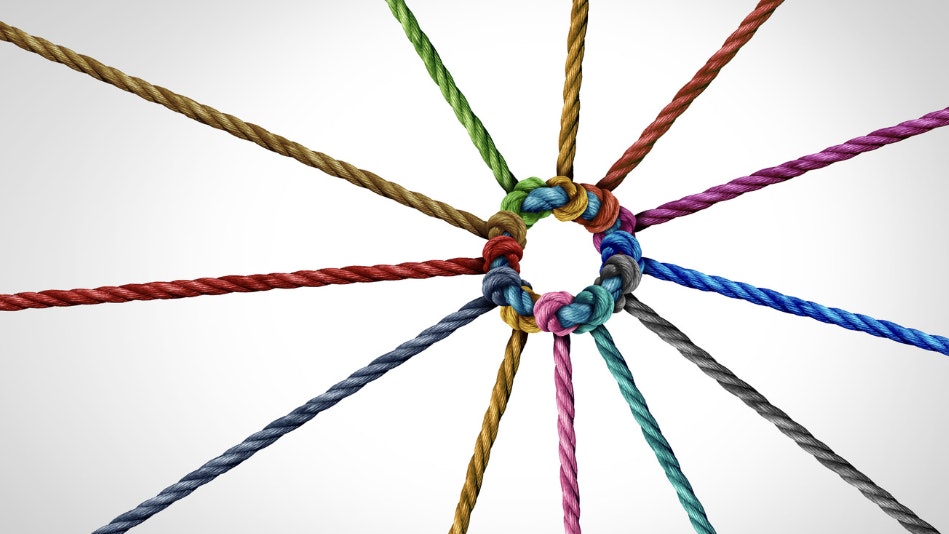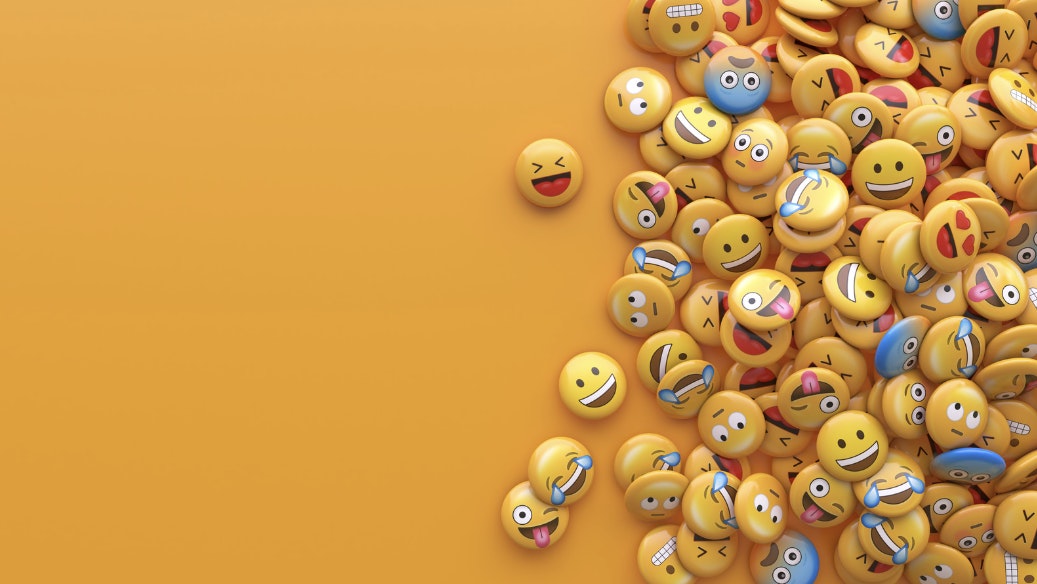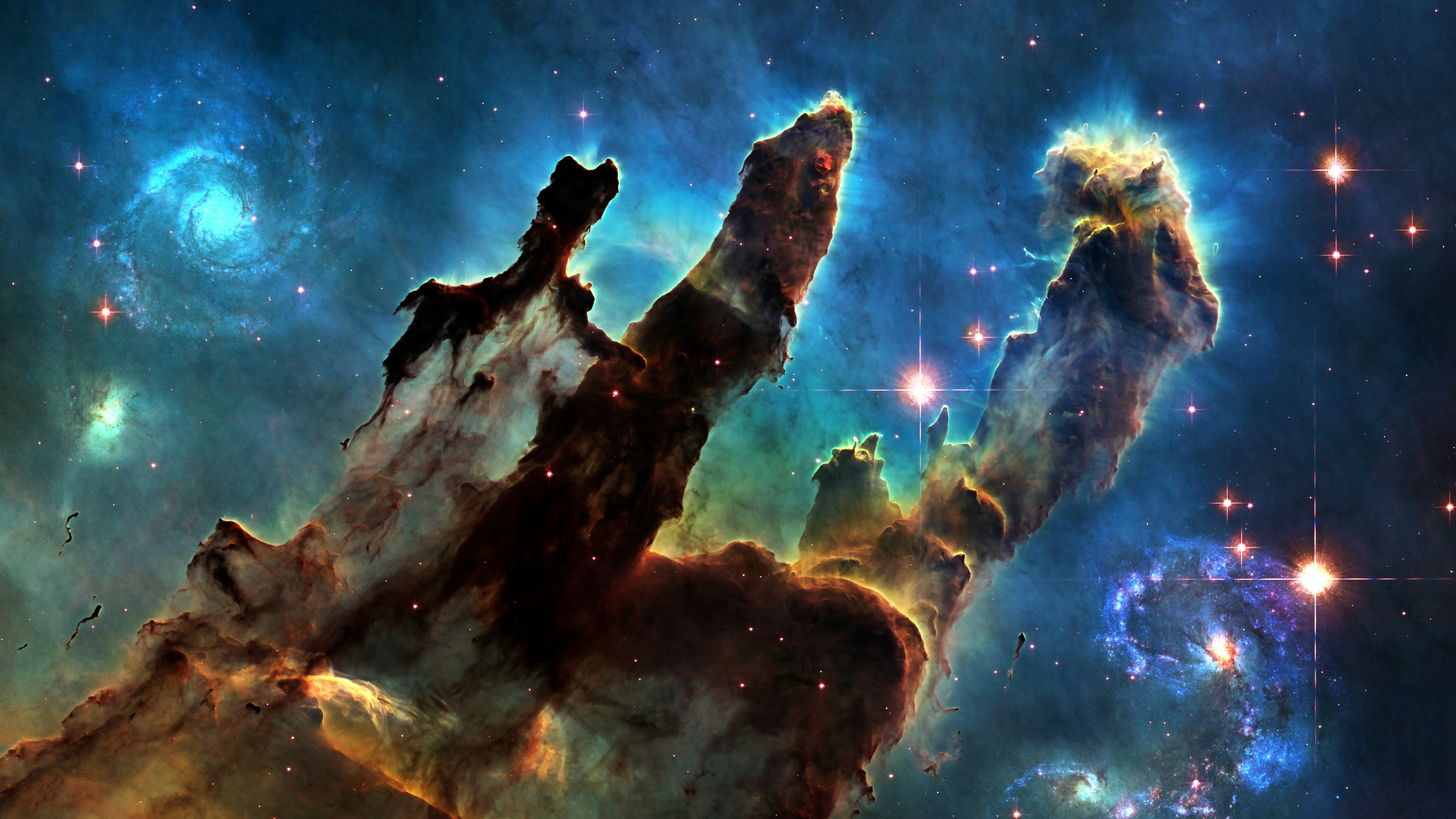Retire the Career
“We have linear expectations and nonlinear lives,” says Bruce Feiler, author of The Search: Finding Meaningful Work in a Post-Career World. Feiler believes there’s a series of work myths that no longer fit the times — and worse, they’re making us deeply unhappy.
The days of starting a job in your twenties and working that same job for 40 years are over. "You don’t have a career," Feiler emphasizes. "You have a series of ways that you work that suit who you are at the time." And these are likely to change many times over the course of our lives — most of us experience what Feiler calls a "workquake" every 2.8 years, where some disruption or pressure jolts us into reimagining what we do.
Watch Feiler explain the four major changes in the history of work that led to the metaphor of the career ladder, and why embracing nonlinearity will make our lives inside and outside of work much happier:
Learn to Worry Well
There are some common misconceptions about stress and anxiety that prevent us from dealing with them in healthy, productive ways. "Anxiety is not a disease, but it is part of our normal emotional repertoire — that is to say everyone experiences anxiety," says Wendy Suzuki, professor of neural science and psychology at New York University. The question is, can you learn something useful from your anxiety that can help you live a better life?
"As someone who spent many years trying to ignore or minimize my emotional overwhelm, I am now a big proponent of really taking the time to feel my feelings," Dr. Suzuki says. That anxiety, worry, anger, or burnout is telling us something about what we value in life. And once we recognize those feelings in ourselves, we can turn it outwards, transforming the recognition of our own anxiety into compassion and empathy for others.
Big IdeaOur anxiety can teach us about what is important to us, what we hold dear, or when our boundaries have been crossed. By leaning into our anxiety and the feelings that come up, we can learn an enormous amount about ourselves and what optimizes our mental health.Wendy Suzuki
Recommit to Social Connections
"One of our greatest sources of strength is our connection with one another," says U.S. Surgeon General Vivek Murthy. Yet, more than half of all Americans report feeling lonely and isolated, which is profoundly impacting our individual and collective well-being.
That’s why Dr. Murthy is challenging each of us to recommit to the relationships we foster with our family, friends, and community. “We have to make a conscious choice that we are finally going to lead people-centered lives and build a people-centered society." Listen to his tips for incorporating more authentic connection into our daily lives!
Get Real About Self-Care
While social media may have us believing that cold plunges, sound baths, and bubble baths are the keys to coping with life's challenges, comedian Iliza Shlesinger has a different suggestion. "Yeah, a bath is nice and lighting a candle... but sometimes you need a reuptake inhibitor, not a bath."
As she shared with author and podcast host Kate Bowler, she sees humor as a gateway for talking about difficult and relatable topics, from mental health to motherhood. "Truth will set you free, especially in comedy. Your currency is your vulnerability, and when you are honest, whether it is about how you're actually feeling or whatever it is you're going through, you let other people in." Start your year with a laugh as they get real about what self-care really means.
Put Things in Perspective
Big IdeaWe have no evidence yet that there was anything before the beginning of time; more likely the question is meaningless. So in that sense there is no origin of the universe, only a history of the universe.John Mather
There’s nothing like the infinite vastness of the universe to make us feel small. We’re actually made of recycled stars, explains Nobel prize-winning astrophysicist John Mather. He’s the senior project scientist for NASA’s James Webb Space Telescope, which can look farther out in space and farther back in time than any telescope before — showing us how the first stars, black holes, and galaxies grew and continue to be born. It's a mind-boggling look into our cosmic past, present, and future.
Head into 2024 with some awe by watching Mather’s astonishing and delightful presentation on the Webb telescope and its most fascinating discoveries:










